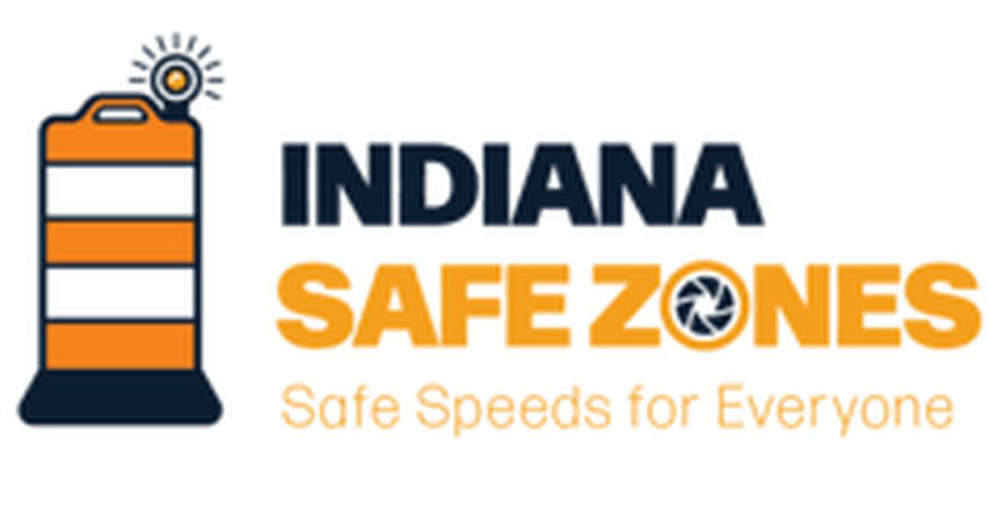
The General Assembly has authorized INDOT to contract with third-party vendors to post speed cameras in up to four different sites in a calendar year over the duration of the five-year pilot program.
If you’re driving on I-465, smile, You’re likely going to be on camera.
The Indiana Department of Transportation has begun using speed cameras in work zones - first on I-70 in Hancock County this fall, and starting New Year’s Day, on I-465 in Indianapolis.
The General Assembly has authorized INDOT to contract with third-party vendors to post speed cameras in up to four different sites in a calendar year over the duration of the five-year pilot program.
Anyone caught by the cameras driving 11 mph over the posted speed limit will get either a warning or a ticket of up to $150.
While the goal of increasing traffic safety in work zones is laudable, using cameras is the wrong way to do it.
The stated goal of this program is traffic safety, but the main goal is revenue generation. And once a government entity discovers a new method of taking money from taxpayers, it’s almost impossible to turn it off.
While this program is currently limited - only in work zones, and only four per year - it creates a slippery slope. Once government entities see the possibility of raising revenue - under the guise of “safety” - without having to hire additional police officers, they’re going to go all-in.
That has already happened in Europe, where the largest countries - Italy, the UK, France and Germany - have more than 2,000 speed cameras each, and “getting flashed” by the cameras is commonplace.
It has also happened in the U.S., where cities use red light cameras as a means of revenue generation, even though they have been shown to cause more accidents because of people slamming on their brakes at yellow lights to avoid being trapped and paying a fine. And multiple cities got caught shortening yellow light times specifically to ensnare more motorists in the intersection and raise revenue.
People respond to incentives, and that includes those in government. If there is an incentive to shorten the yellow-light time at a red light camera, a city will do so to raise revenue. Same here - there may be an incentive to calibrate the cameras’ speed sensors downward to raise more money.
The bill does require annual calibration of the speed detection system, one cannot be 100% certain it is properly calibrated, especially when the same entity posting the cameras - government - is the one reaping the financial rewards from doing so.
This creates a significant Sixth Amendment issue. When you are “caught speeding” by a camera, all that’s recorded is one’s license plate. It cannot ascertain who is driving the car, just who owns it. If someone borrows - or steals - one’s car and then speeds through the work zone, the owner is liable for paying a ticket even though that person was not driving the car.
You have a constitutional right to face your accuser and be confronted with the witnesses against you. A machine cannot testify against you and you cannot cross-examine one. It also cannot prove speeding, just that an automated system - whose calibration you cannot test nor prove - took a picture of a car you owned. It also cannot prove you were the one violating the speed limit, just that your property may have been involved.
This policy also causes significant privacy issues, with cameras capable of recording every license plate that passes by a certain point and its speed, and that data controlled by a third party that is not the traffic or law enforcement agency.
Citizens already believe police are playing a game of “gotcha” to catch nonviolent offenders while ignoring crimes against persons and property, and that they’re powerless against a powerful state that is increasingly putting us under a panopticon. This bill won’t do anything to stem that. Government should work for us, not in opposition to us.
The answer to traffic enforcement in work zones - or anywhere else - is what it has always been. Post a live officer and have that person run radar and pull over offenders. That alleviates, privacy and Constitutional concerns and takes away the incentive for municipalities and the state to prioritize revenue generation over safety.
In Liberty
Evan McMahon
Chair, Libertarian Party of Indiana






